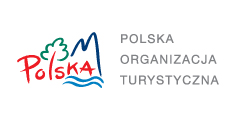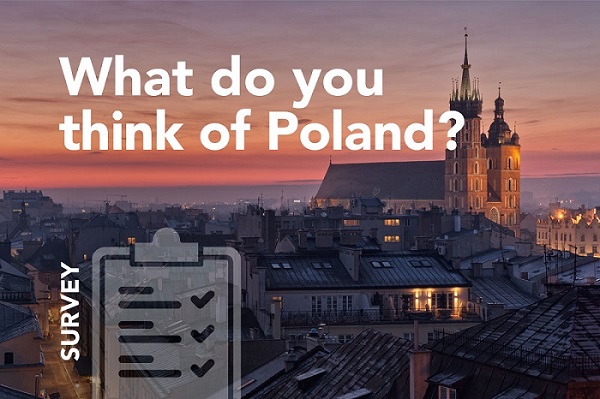Kolobrzeg
Kolobrzeg is the administrative city in Kolobrzeg County in the Province of West Pomerania. It lies at the mouth of the Parseta River where it enters the Baltic Sea and is a large seaside resort and spa centre. The seaport of Kolobrzeg functions as a freight and passenger terminal, a fishing port and a yachting marina. The health resort in Kolobrzeg has the characteristics of a lowland marine spa with a typical coastal climate that is greatly influenced by the sea. A characteristic feature if this climate is its strong onshore winds and also those along the coastline. This combination of winds is very favourable from a therapeutic point of view as they carry with them high levels of ozone that has been saturated with particles of iodine. The basic elements of the Kolobrzeg spa are its climate and its brine and mud deposits. The therapeutic mud from this region is exported and used in several other Polish health resorts.
Kolobrzeg is one of the oldest cities in West Pomerania as a fortified settlement stood here already in the 8th century. By 1255 the town was granted civic rights and was a centre of salt production, trade and fishing and by the 14th century was a member of Baltic Hanseatic League. The town was taken over by the Dukes from Brandenburg and immediately turned into a fortress. Since then the city began falling into decline and was captured by the Russians during the Seven Year War. In 1807 the Kolobrzeg Fortress was besieged by Napoleon’s armies but this time held out till the peace treaty was signed ending the war. By order of the King of Prussia in 1872 the city’s fortifications were gradually dismantled which changed its character. During World War I the sanatoria and holiday homes were turned into a huge military hospital and during the Battle for Kolobrzeg, towards the end of World War II, more than 95% of the city and all spa facilities were destroyed.
As a seaside resort Kolobrzeg began being visited early in the 19th century. Modelled on English resorts, it also became fashionable to bathe in the sea as the notion that this lead to improved health and wellbeing soon changed the negative attitude towards the use of sea water in this form. The use of brine from natural sources at the Kolobrzeg spa facilities dates back to 1830 and made it very popular as other coastal health resorts use heated sea water for this purpose. The upgrading of the resort came with new investment after 1872 with the construction of therapeutic facilities along with their accompanying infrastructure. A measure of the future aspirations of this health resort was the building of an exclusive treatment centre, completed in 1899, with the most modern equipment of the time and called the Coastal Palace. This one facility met all the criteria of a modern health spa and became a model for other resorts.
After rebuilding works to both the city and the spa the first patients returned to Kolobrzeg in 1952 with the opening of a sanatorium for children. Over the following years, extensive reconstruction and development of hospitals, sanatoria, holiday homes and residences have led to Kolobrzeg receiving official spa status in 1967. Today Kolobrzeg is the largest spa resort in Poland and one of the leading resorts in the medical tourism market. All facilities are equipped with state of the art equipment which is used by specially trained personnel. A holiday at this seaside resort is more often than not linked with some therapeutic spa treatments.
Respiratory and cardiovascular disease, disorders of the endocrine system and metabolism are treated here. Treatments for children include those for asthma, diabetes, thyroid, obesity and skin allergies. Kolobrzeg is also a centre for medical rehabilitation.
Filling the spare time of both patients and tourists is the responsibility of a number of cultural institutions by staging various concerts, spectacles and artistic events. Leisure activities can be pursued at sports centres, stadiums, sports halls, at the ice rink or the water park or just by hiking or cycling along the many prepared trails.


